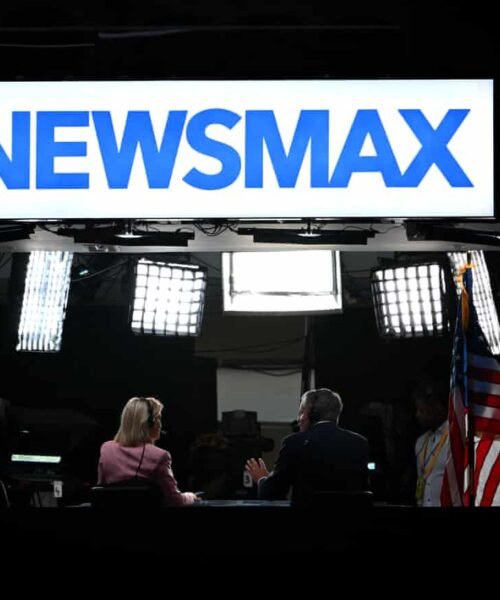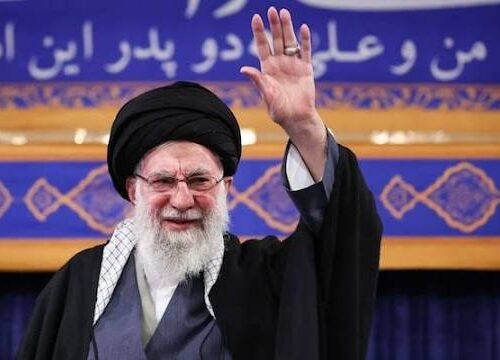A US Appeals Court ruled on Friday, August 29, that most of Donald Trump’s new tariffs are illegal, upholding a ruling from the Federal Court of International Trade that the President’s declaration of an economic emergency to justify sweeping tariffs violates a 1977 law and the US Constitution, which reserves taxation for the Congress.
The New York-based US Court of International Trade previously ruled against Trump’s tariff policies last May, saying the President had exceeded his authority when he imposed both sets of challenged tariffs.
The three-judge panel included a judge who was appointed by Trump in his first term.
The split decision from the US Court of Appeals for the federal circuit in Washington DC addressed the legality of what Trump calls “reciprocal” tariffs imposed as part of his trade war in April, as well as a separate set of tariffs imposed in February against China, Canada and Mexico.
The court ruled that the President does have the legal authority to impose narrow, sectoral tariffs, like those on steel and aluminum imports, but he far exceeded his power with the global tariffs on imports he first declared in April.
The case, which is expected to be appealed to the US Supreme Court, hinges of Trump’s broad interpretation of the International Emergency Economic Powers Act (IEEPA).
That law gives the President the power to address “unusual and extraordinary” threats during national emergencies, which previous Presidents had used to sanction enemies or freeze their assets.
Trump, the first President to use IEEPA to impose tariffs, has claimed the import taxes were justified given trade imbalances, declining US manufacturing power and the cross-border flow of drugs.
The law does not mention tariffs, although it allows the President to take a wide range of actions in response to a crisis.
Trump’s Justice Department has argued that the law allows tariffs under emergency provisions that authorize a President to “regulate” imports or block them completely.
In ruling against Trump’s interpretation of the law, the court’s majority wrote: “We discern no clear congressional authorization by IEEPA for tariffs of the magnitude of the Reciprocal Tariffs and Trafficking Tariffs. Reading the phrase ‘regulate … importation’ to include imposing these tariffs is ‘a wafer-thin reed on which to rest such sweeping power.’”
In one of the opinions upholding the lower court’s finding that Trump exceeded his authority, the judges wrote: “Under the Government’s view, the President could make such a factual finding by merely pointing to a lack of taxes paid on imports from outside the country. But if the President can declare an emergency to cut the deficit by raising taxes in whatever way he wishes, not much remains of Congressional authority over taxation.”
The Appeals Court ruled on two cases, one brought by five small businesses and the other by 12 Democratic-led US states, which argued that IEEPA does not authorize tariffs.
The US Constitution grants Congress, not the President, the authority to issue taxes and tariffs, and any delegation of that authority must be both explicit and limited, according to the lawsuits.
Another court in Washington DC ruled that IEEPA does not authorize Trump’s tariffs, and the government has appealed that decision as well.
At least eight lawsuits have challenged Trump’s tariff policies, including one filed by the state of California.



















